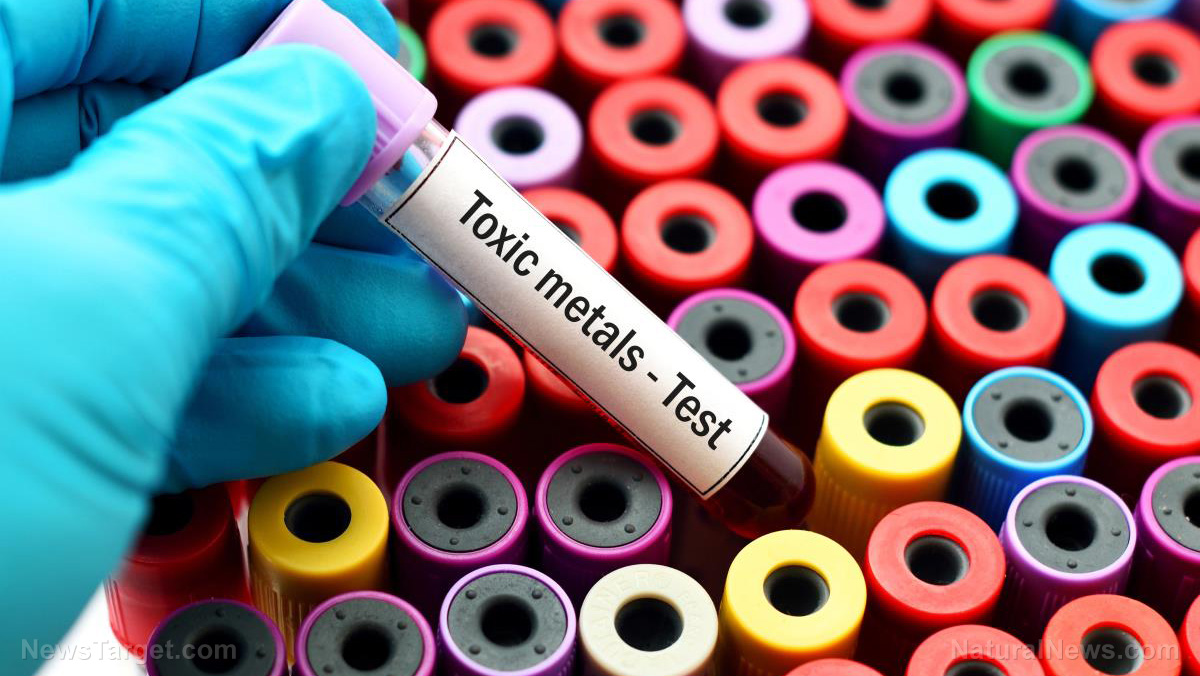The 5 best foods to boost your brain health
04/02/2019 / By Michelle Simmons

Like the body, the brain needs fuel, which can be obtained from brain-healthy foods. Here are some foods that can give your brain a boost:
- Cacao: Eating chocolates — the real ones, made from cacao — is good for your brain, thanks to powerful compounds called flavonols. These compounds act as antioxidants and help preserve the brain’s stem cells — which produce new brain cells. Flavonols, as antioxidants, also help fight chronic inflammation which can cause diseases related to thinking and memory. In addition, research has shown that flavonols support the hippocampus, which is a part of the brain involved in memory and mood. While eating chocolates is good for you, eat it in moderation, about a square or two each day.
- Caffeinated drinks: Drinking coffee or tea can also be good for your brain. This is because of their caffeine content that may help prevent age-related cognitive decline. Research has shown that consuming about 500 milligrams (mg) of caffeine every day — the equivalent of about five cups of coffee — may help protect against memory problems in humans.
- Colorful fruits and vegetables: Adding more colored foods to your diet also improve your brain health. And by colored foods, these refer to naturally colored ones like fruits and vegetables. Colorful fruits and vegetables, such as beets, berries, leafy greens, carrots, and peppers, have high amounts of antioxidants like carotenoids and anthocyanins. These antioxidants are natural pigments that give those fruits and vegetables their bright colors. Antioxidants are good for the brain because they can protect brain cell linings from the damage caused by free radicals, which are toxic molecules that cause inflammation and are caused by factors like a poor diet or smoking. Greens and beans also provide folate, which is beneficial in the production of the chemical messengers in the brain that are essential to thinking and mood called neurotransmitters.
- Fatty fish: Eating fatty fish such as mackerel, salmon, sardines, or trout, at least once a week can help slow cognitive decline and lower your risk of Alzheimer’s disease, according to research. This is because they are rich in omega-3 fatty acids, particularly docosahexaenoic acid (DHA), which play a role in keeping the brain healthy. These healthy fats are used by the brain’s membranes to enhance cellular structure and brain signaling, which results in better cognitive function. In addition, DHA also fights chronic inflammation that can damage brain cells and result in cognitive decline. Aside from fatty fish, you can also get good amounts of omega-3 fatty acids from foods like chia seeds, flaxseed, hempseed, and walnuts. (Related: Essential brain food: Here’s why you probably need DHA supplements.)
- Whole grains: The brain prefers glucose, which can be obtained most readily from carbs, as fuel. Without enough glucose, you may experience brain fog and have a hard time focusing. Instead of refined carbs, opt for whole grains, such as whole wheat, whole rye, brown rice, buckwheat, and quinoa. Whole grains contain fiber and help control your blood sugar levels. Sharp increases and declines in blood sugar can damage the ability of your cells to uptake glucose because of insulin resistance.
In addition to eating these brain-healthy foods, you can also improve your brain health in other ways by doing brain exercises, performing physical exercises, getting enough sleep, keeping your stress levels in check, and interacting with other people.
Visit BrainHealthBoost.com to read more tips on how to boost your brain health naturally.
Sources include:
Submit a correction >>
Tagged Under:
Brain, brain function, brain health, food cures, food is medicine, nutrients
This article may contain statements that reflect the opinion of the author
RECENT NEWS & ARTICLES
Dementia.News is a fact-based public education website published by Dementia News Features, LLC.
All content copyright © 2018 by Dementia News Features, LLC.
Contact Us with Tips or Corrections
All trademarks, registered trademarks and servicemarks mentioned on this site are the property of their respective owners.





















